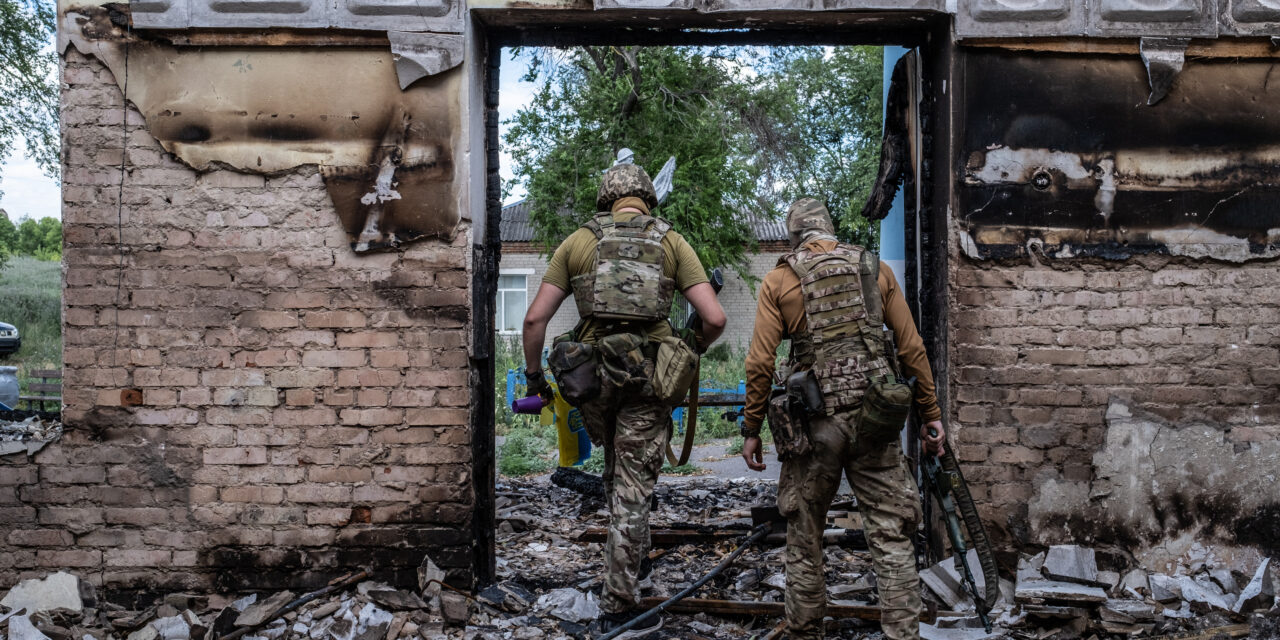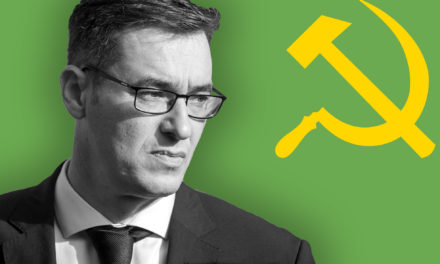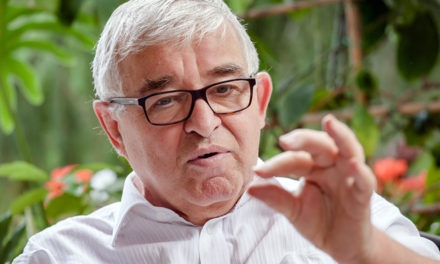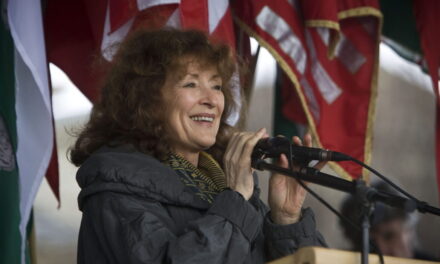It is difficult to criticize a generous gesture: our exiled Transcarpathian brothers are free at the moment, but who knows what trials await them - Attila Bánó's writing.
The greatest respect and recognition goes to those who contributed to the release of the eleven Hungarian prisoners of war from Transcarpathia. Based on the news published in the press, we can be grateful to the Russian Orthodox Church, including Patriarch Kirill of Moscow and All Russia, Metropolitan Antal Volokolamsky and High Priest Nikolai Balasov, who greatly facilitated the smooth running of the action.
Thanks also go to the Hungarian Maltese Charity Service, Zsolt Semjén, Deputy Prime Minister responsible for church affairs, and those who worked in the background for the success of the noble cause. It takes a lot of courage on the part of Hungary to take such steps.
We remember well that a few weeks ago, in April, the number of Hungarian soldiers killed in the war in Transcarpathia rose to eighteen, at least as many as were reported in the news. Kárpáti Igaz Szó announced that 42-year-old Ottó Lengyel fell on March 28 in Bahmut, and 29-year-old Miklós Guti fell on February 19 somewhere in Donyeck county. Regarding him, the paper quoted his sister's shocking words:
"I spoke to him for the last time one day before his death, he happily announced that in three days, after ten months, he would be allowed home for a few days. Three days passed, but he did not report. He fell on February 19, on the 21st he was officially informed that he had died, and on February 25th he was buried in Munkács. He returned home, but not in the way we expected.”
We do not know what the fate of Hungarians released from Russian captivity in Ukraine would be. Knowing the ruthlessness of Ukraine's laws of war, they would presumably return to the front. What we do know is that Ukrainian foreign affairs spokesman Oleh Nyikolenko stated: the Ukrainian government did not receive any information about the Hungarian-Russian negotiations related to the operation, and only learned about the transport of prisoners of war to Hungary from the statements of Zsolt Semjén.
I dare to risk that if the Ukrainian leadership had received prior information from the Hungarian side, it would have resulted in a huge scandal and another anti-Hungarian smear campaign.
However, after what happened, this is no longer so easy, after all, it is still about the release of prisoners of war, that is, a generous gesture, which would be difficult to criticize. The spokesman asked for information about the Ukrainian citizens and to allow a Ukrainian consul to visit them for "consular assistance". I wouldn't be surprised if, at such a "aid" event, what Ukrainian military rules require. Our exiled Transcarpathian brothers are free at the moment, but who knows what trials await them.
For every piece of good news there is much more bad news. The management in Brussels takes care of it. If brave Hungarian politicians and charity workers achieve some uplifting result, the left-liberal action group living with us will almost immediately sour the joy. While Hungarian patriots were working to free our compatriots across the border with the intercession of the church, in line with Pope Francis' mission to liberate prisoners, the majority of EU interior ministers voted that the EU would introduce a mandatory distribution of migrants among the member states.
This politically motivated, violent step was also supported by Hungarian opposition EU representatives.
The Hungarian left-liberals are not bothered by the fact that the Hungarian citizens said no to the mandatory quotas. In the European Parliament, all of them voted for the proposal aimed at the mandatory distribution of migrants. Nacsa Lőrinc, the deputy leader of the parliamentary faction of the Christian Democratic People's Party, announced in a video statement: "We will not let Brussels turn Hungary into a country of immigration!"
The KDNP politician also mentioned the inglorious characters of the uncharacteristic behavior by name. They are: Attila Ara-Kovács, Katalin Cseh, Klára Dobrev, Anna Donáth, Márton Gyöngyösi, Csaba Molnár, Sándor Rónai and István Ujhelyi.
This pro-war, servile society, which regularly attacks the national side in the back - according to Philip Rákay's apt statement, a treasonous section - makes it very difficult to defend against political attacks from abroad. Its members constantly encourage the Brussels leadership to take anti-Hungarian measures, while trying to convince the voters that they are doing it all out of patriotic zeal.
When the Hungarian government is under enormous pressure from both the West and the Ukrainian side due to its pro-peace and economic relations with the Russians - limited to energy imports and the expansion of Paks - then the courageous stand for the Transcarpathian Hungarians, who are also suffering from conscription, is highly commendable. Those who participate in this are truly patriots!
And speaking of courage, let's not forget that throughout our history we were often called recalcitrant, rebellious by those who wanted to rule over us, who didn't like the fact that we didn't bend our spines. We are smaller compared to the big European countries, but we see that the governments of the big ones lack courage when it comes to defending their national interests, their borders, the standard of living and the safety of their citizens.
It would be good for them to wake up to self-awareness, because there is truth in the old saying that a cowardly people has no country.













